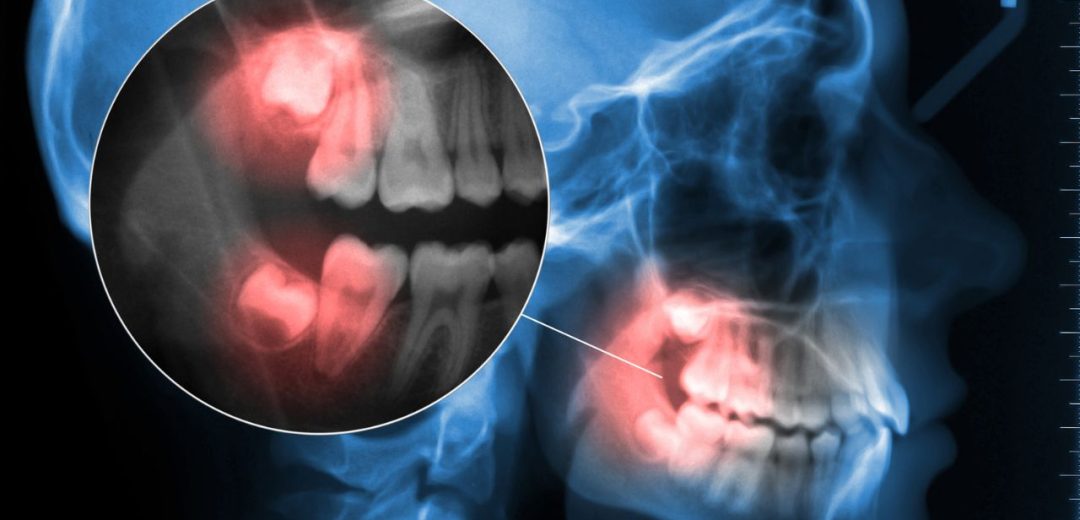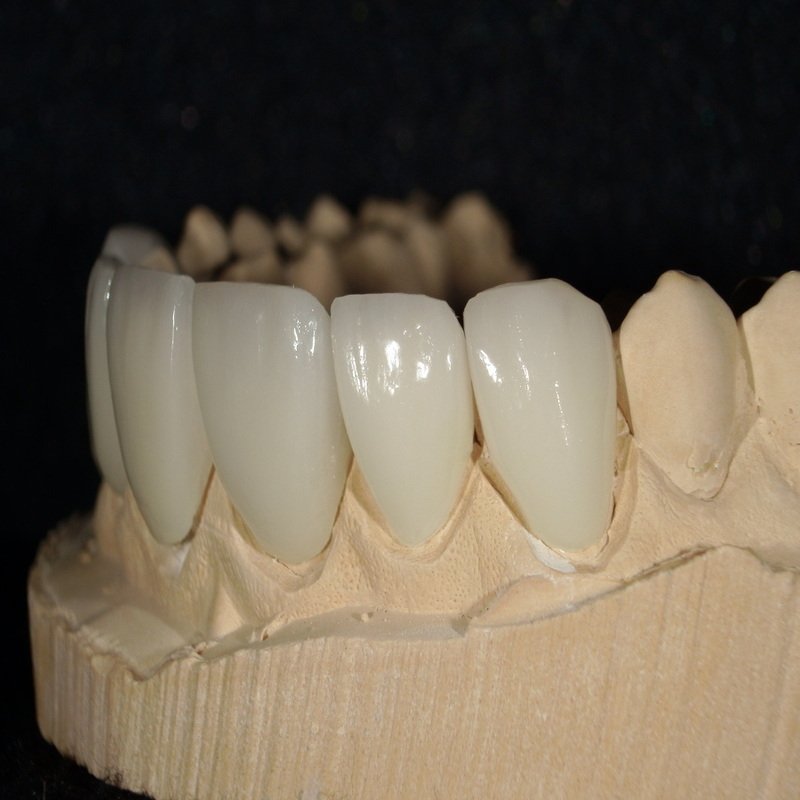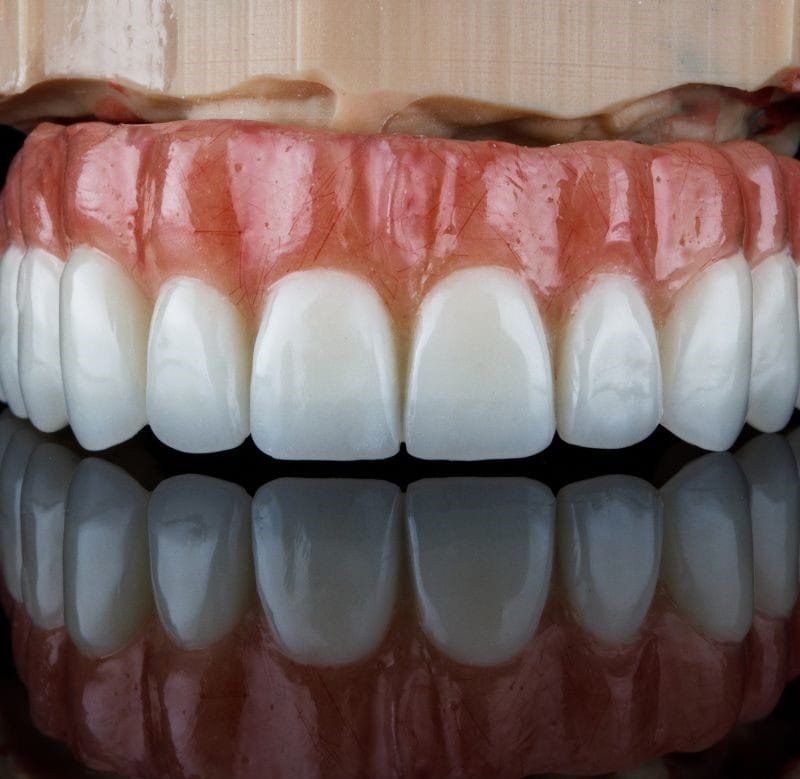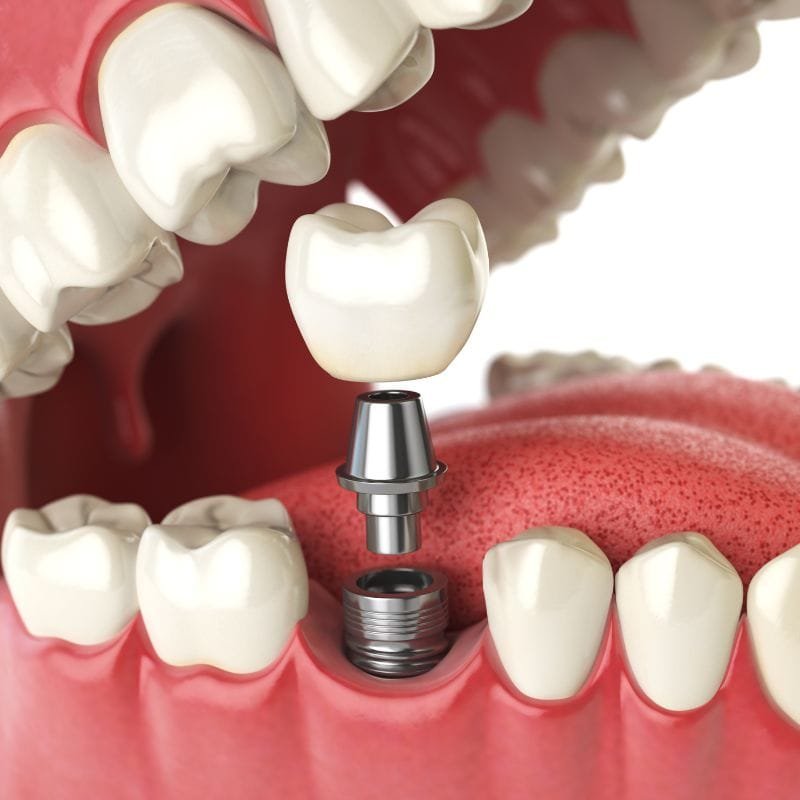Your Wisdom Teeth Coming: Discover The Signs
The ways you can tell If they are coming
Most people have wisdom teeth, but others never grow out. Although almost everyone has heard of wisdom teeth, not everyone knows what they are, when they erupt, and what problems they can cause for other teeth. Wisdom teeth are closely related to the appearance of pain, but not all people experience complications.
They are the last molars to erupt and generally begin to appear between 17 and 25, although it depends on each person. They may occur at an earlier or later age or may never grow up.
Adult denture
Also, since an exact rule does not govern them, all four wisdom teeth may not erupt. Therefore, the total number of teeth in an adult denture will vary depending on whether they have wisdom teeth.
An adult person who has already reached the final dentition, including all four wisdom teeth, will have 32 teeth. If wisdom teeth don’t erupt, a person’s jaw will consist of only 28 teeth.
Why Do We Have It?
If wisdom teeth don’t follow a stable growth pattern in all people, why do we still have them?
Wisdom teeth persist because they serve a purpose for our ancestors. Early humans had more enormous jaws, which provided enough space for wisdom teeth, as their diets included tough, unprocessed foods that required extensive chewing.
Human jaws
Over time, human jaws became smaller due to dietary changes and evolution, reducing the space available for these extra molars. Although wisdom teeth are often associated with discomfort, they can sometimes erupt without causing issues or impacting other teeth.
Today, don’t play a crucial role in oral function, so extraction is standard when they cause complications. In such cases, a dentist or maxillofacial surgeon assesses whether removal is necessary.

How do I know if they are coming out?
As we mentioned before, can erupt without symptoms if they grow healthy and aligned. However, in many cases, people experience pain, infection, or inflammation. This happens when grow at an angle or come in crooked. If they lack space, they might also emerge only partially.
Some Derived Problems
The most common symptom of problematic is sharp, persistent pain in the area of eruption. However, wisdom teeth can also cause other issues. Limited space and improper growth can disrupt the structure of the oral cavity. When teeth crowd together, maintaining good oral hygiene becomes challenging, as tartar and bacteria build up in areas a toothbrush can’t reach.
Impacted wisdom teeth, embedded in the jaw and covered by soft tissue, often lead to cyst formation.
Operation
Two professionals are removed in charge of extracting a wisdom tooth: a dentist specializing in surgery and implants and a maxillofacial surgeon.
Depending on the case, these specialists will determine if removing a tailpiece is necessary.
As we have commented previously, as they do not have a specific function inside our mouth, they are extracted only if they present problems.
Sometimes, the decision to operate wisdom teeth is made when the person presents symptoms. In other cases, the professional relies on X-rays to determine whether the intervention should be performed preventively before the first symptoms appear.
The surgery is simple, frequently practiced, and can be performed under local anesthesia.
Go to the dentist
Don’t let time pass: go to the dentist.
A wisdom tooth that does not erupt correctly causes pain-related problems and can compromise other teeth.
The intervention duration depends on the teeth’ conditions and situation (e.g., whether they have come out entirely or partially, whether they are affecting the mouth’s structures, or whether all four must be extracted).
Recovery of the patient after surgery
After surgery, the patient will need recovery time, which varies depending on the procedure’s complexity.
First, wait until the sedation effect fades. In the initial hours post-surgery, follow specific guidelines and expect a few common symptoms:
Bleeding
Place a clean, damp gauze on the bleeding gum to absorb blood. While this is normal at first, consult the surgeon if bleeding persists.
Swelling and Inflamation
Swelling around the extraction area is typical. Apply cold compresses to relieve pain, and follow any prescribed medication from your dentist to reduce discomfort and inflammation.
Dietary restrictions may also apply. In the first hours, limit intake to cold drinks only, avoiding hot beverages and solid foods until your dentist advises otherwise. Since alcohol and tobacco can hinder the recovery process, it’s best to avoid them entirely.
Dietary restrictions may also apply
In the first hours, limit intake to cold drinks only, avoiding hot beverages and solid foods until your dentist advises otherwise. Since alcohol and tobacco can hinder the recovery process, it’s best to avoid them entirely.
Toothache Remedies
Remember that neither wisdom teeth nor surgery have the same consequences for each patient, so it is necessary to consult your dentist or maxillofacial surgeon about the appropriate guidelines for your case.
The indications offered may differ from those mentioned above since they will have been established according to your needs.
You already know that the recovery time can vary depending on each case.
For this reason, we recommend that you be patient and keep everything you need close to you so you don’t have to make efforts.
The recovery period can be somewhat uncomfortable, but we must not forget that once it passes, we will permanently end the wisdom teeth’ discomfort and pain.


